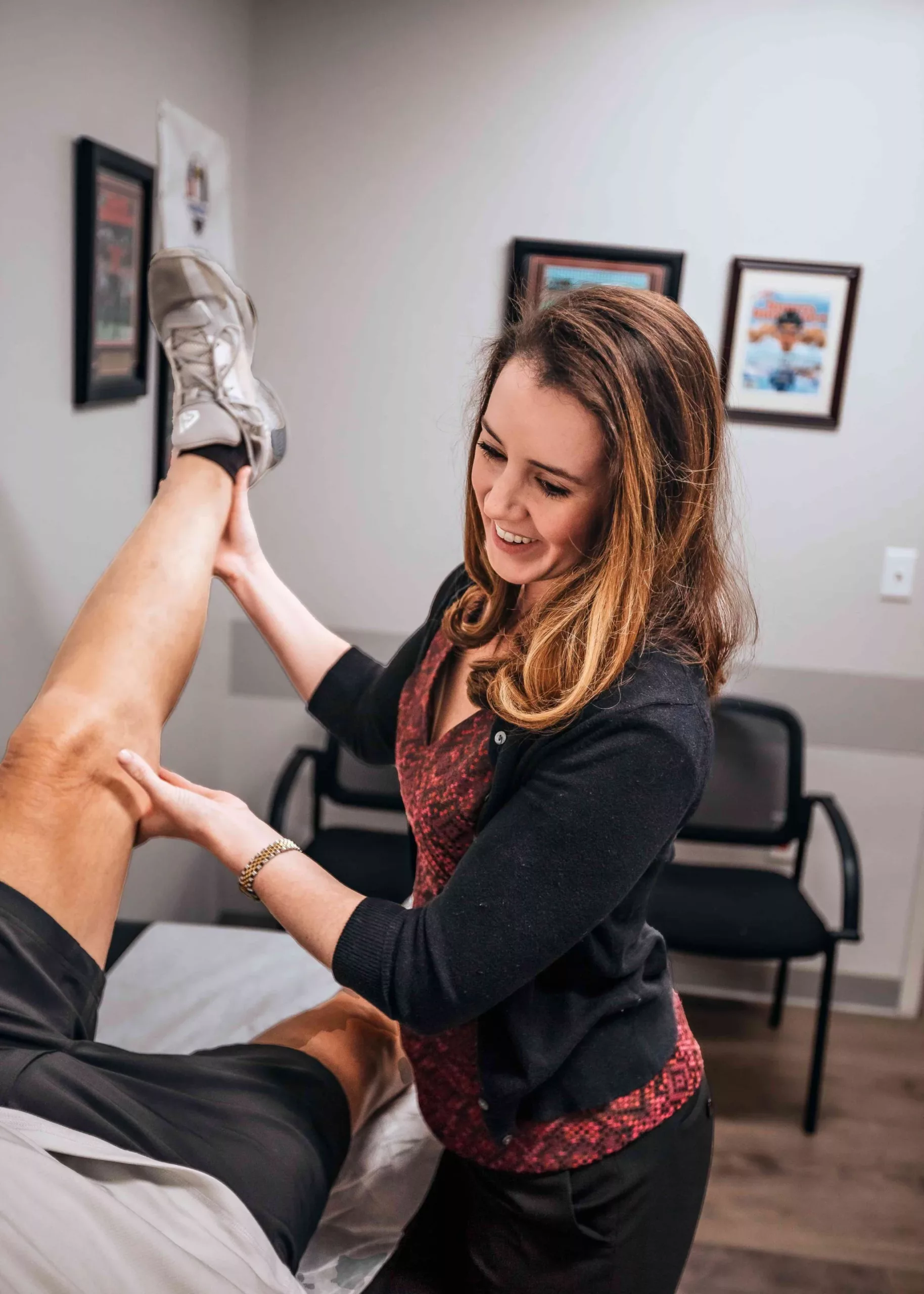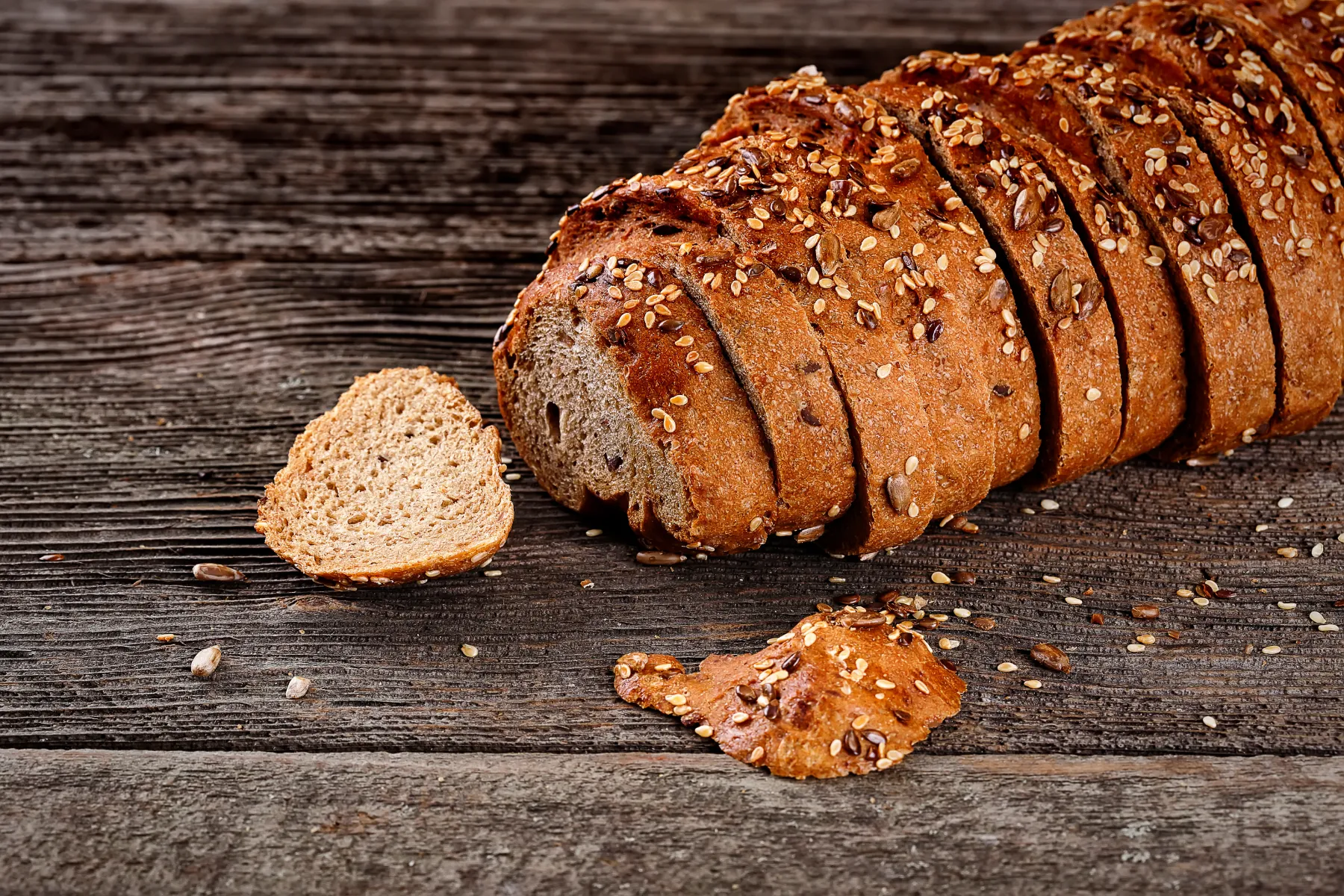The holiday season, with its festive cheer and gatherings, often brings joy but can also introduce stress and tension to our bodies. From the frantic rush of holiday preparations to the extended periods of sitting during family dinners (and the unavoidable stress caused by that one particular family member), various factors contribute to musculoskeletal pain during this time. Understanding the causes, impact, and preventive measures can help ensure a healthier and happier holiday season.
CAUSES OF STRESS AND TENSION
The causes of musculoskeletal pain during the holidays are diverse. Stressful holiday planning, long drives, heavy shopping bags, and even the pressure of creating the perfect celebration can contribute to tension, especially in the neck and shoulders. Prolonged sitting during travel or festive meals can lead to stiffness and discomfort in various muscle groups. Emotional stress during the holidays can manifest physically, often in the back and neck muscles. Combine these factors with increased arthritic pain associated with colder weather, and you can have all the ingredients for pain that, like your aunt’s fruitcake, may last longer than desired.
IMPACT ON YOUR BODY
Stress and tension can manifest physically, leading to muscle stiffness, headaches, and even exacerbating existing conditions. The body’s natural response to stress includes muscle contraction, which, when prolonged, can result in pain and discomfort. Understanding the connection between stress and musculoskeletal health is crucial for maintaining overall well-being.

TIPS TO PREVENT MUSCULOSKELETAL PAIN
Dr. Morgan Gonder, Pain Medicine Physician at Sano Orthopedics, shares some practical tips for preventing musculoskeletal pain.
- Practice Stress-Relief Techniques. Incorporate deep breathing, meditation, or mindfulness exercises into your routine to manage stress effectively. Phone applications such as Calm or Headspace can serve as a guide to help you get the most out of your mindful meditation. Here’s some literature on this!
- Take Regular Breaks. Whether you’re wrapping gifts or working on a computer, short breaks for stretching can prevent muscle stiffness.
- Maintain Good Posture. Be mindful of your posture, especially during extended periods of sitting. Consider using ergonomic furniture or cushions for added support.
- Engage in Low-Impact Exercise. Incorporate low-impact exercises like walking, swimming, or gentle yoga into your routine to alleviate stress and promote flexibility.
- Prioritize good sleep. Pain can be both a cause and a consequence of sleep deficiency. Learn more.
SIGNS TO SEE A PAIN MEDICINE SPECIALIST
While some discomfort is normal, persistent or severe pain should not be ignored. Signs that it’s time to see a specialist include:
- Pain that interferes with daily activities.
- Numbness or tingling in the extremities.
- Pain that starts to radiate to a new area
- New weakness associated with pain
- Pain that persists despite rest, self-care, and over-the-counter medication consult with a specialist:
- Intensity pain: Severe and unrelenting pain that interferes with daily activities should prompt a visit to a specialist.
Consult our specialists for personalized care if persistent tension or pain disrupts your festivities. Your well-being matters!
Happy holidays!









